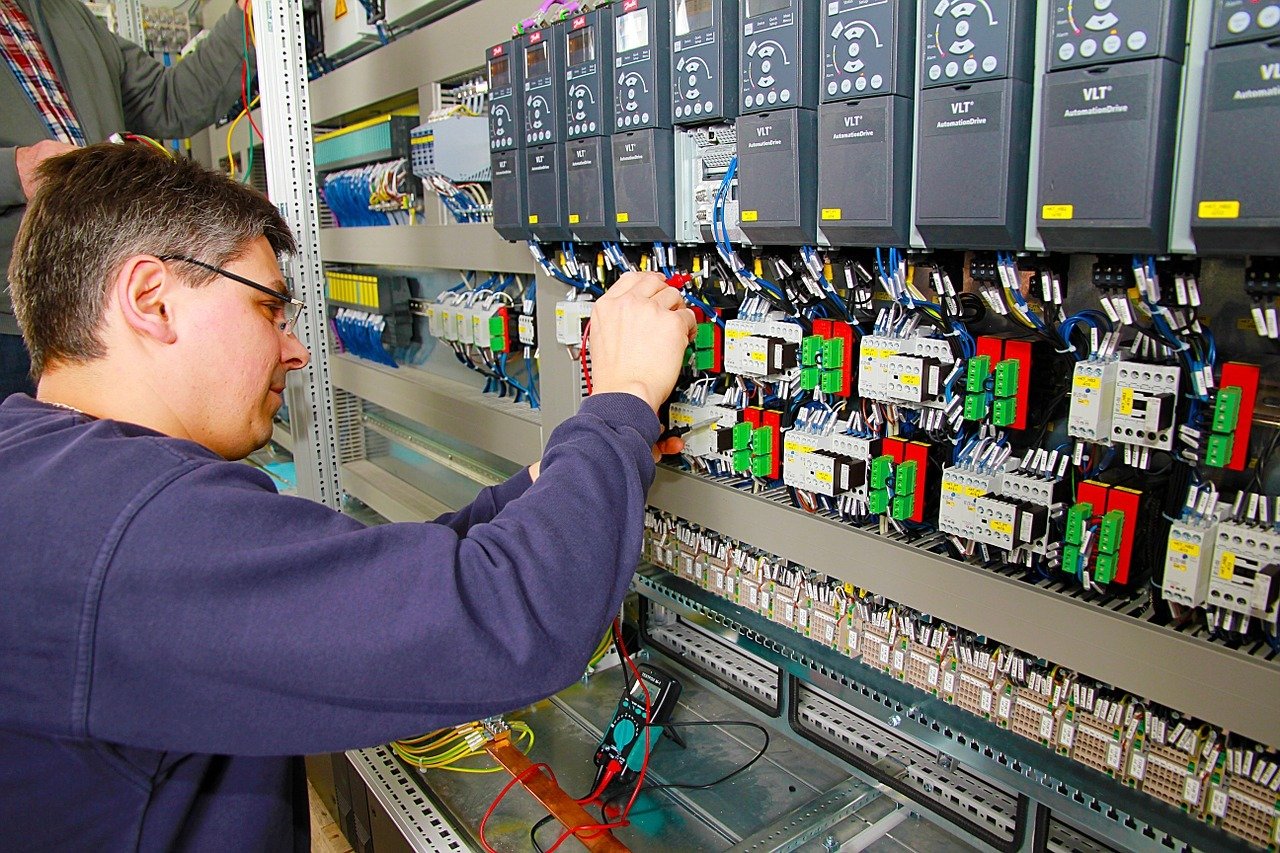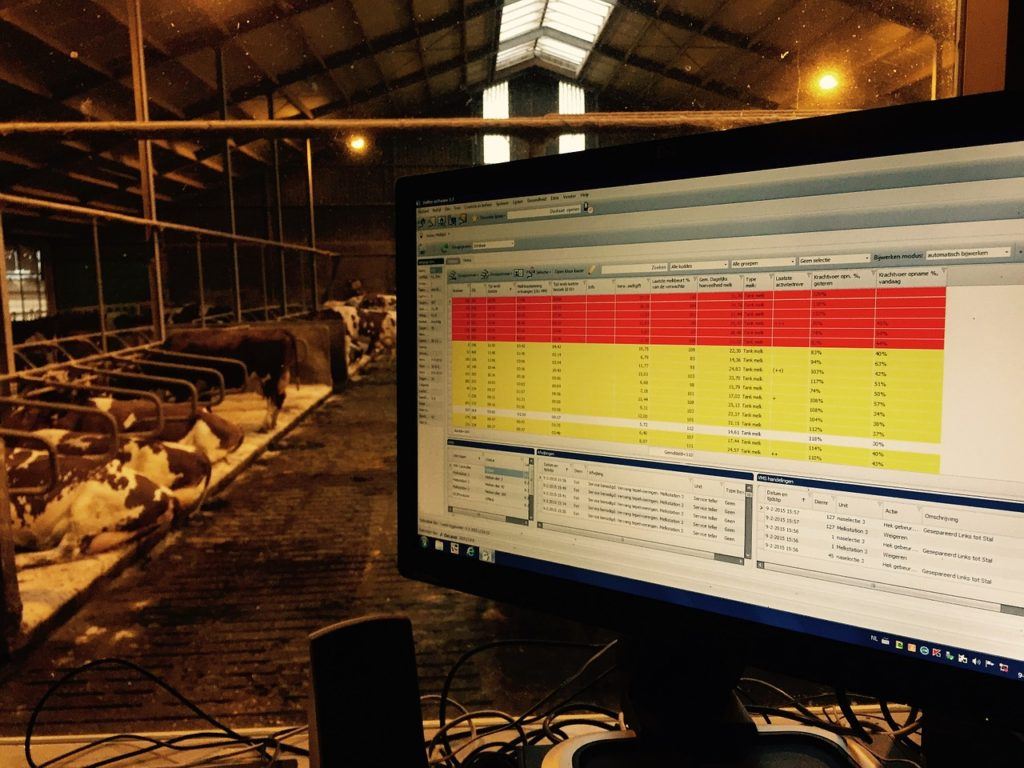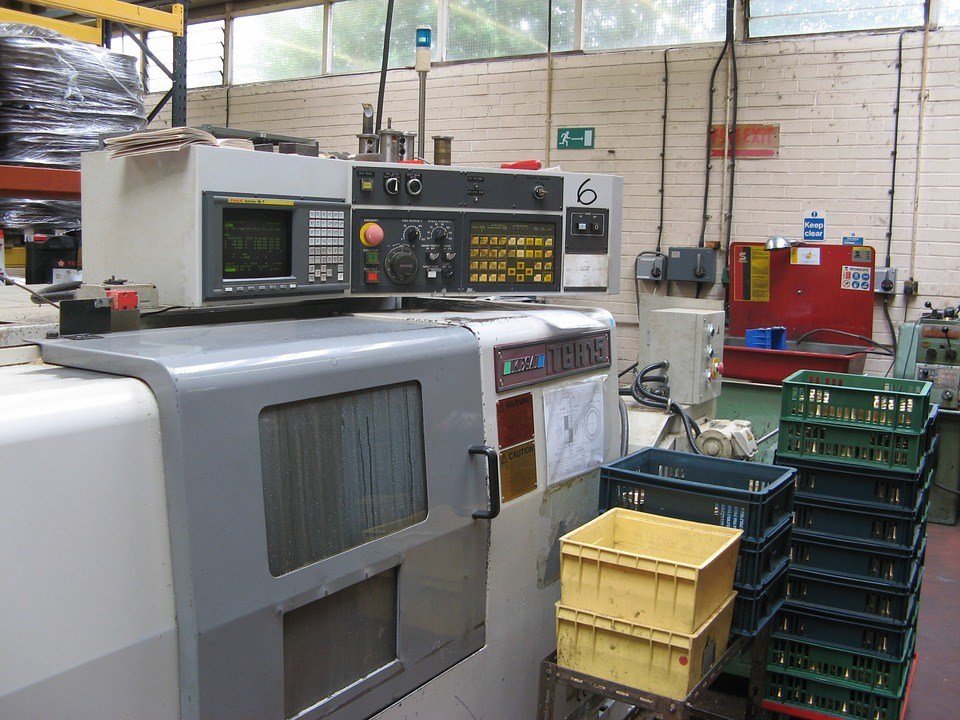Business
Recent study says automation to be a bigger part of the consumer industry
The consumer industry can expect lower selling prices with automation. It also enables consumer brands to make intelligent decisions in the future.

Automation in the consumer industry has permeated almost all aspects of the business. It makes good financial sense for any process to be made more efficient with fewer resources used in the long term.
Looking no further than the IT industry and the proliferation of cloud-based services, it is easy to see how automation reached its fevered peak.
Originally, management information systems, aka legacy systems, were built from the ground up by IT integration firms. These firms go through operation audits and painstaking software development to deliver automated solutions that fit company’s needs. Everything from accounting, to payroll, timekeeping and inventory—to name just some of the standard automation needs—had to undergo an often lengthy and expensive project development. In addition, the data must be hosted within the company’s own infrastructure.
Enter cloud computing—the contemporary practice of utilizing remote servers to deploy automation services. Cloud computing has mainstream appeal because resources are shared and distributed online. Business owners can say goodbye to the wait time that’s usually expected for their IT vendors to develop, then implement their requested software. Instead, the services availed is made possible through what is known in the industry as SaaS or “Software as a service.” It is essentially a group buy mechanism that has crossover appeal across all scales of businesses, both big and small.

The consumer industry will see more automated technologies. (Source)
To illustrate, a small startup can opt to purchase a cloud-based payroll application that’s right on their budget, instead of building the physical IT infrastructure from scratch, at a much higher price point. Cloud automation vendors are everywhere. They not only provide help for administrative tasks: there are applications for every imaginable type of output. Marketing and promotions? Check. Equipment calibration? Check. Supply forecasting? Check. There’s an automation setup that suits even the most niche of industries.
So what can consumer industries expect in the looming future where automation is accessible at an unprecedented scale? First of all, expect lower selling prices. A food production company, such as a brand selling cookies, that’s been trimmed of its operational fat and optimized to the hilt will be in a better place to offer competitive (read: cheaper) pricing. This will make their brand a favorite among consumers, and demand will definitely rise. Sales figures will be at an all-time high.
Automation also enables consumer brands to make intelligent decisions in the future. The prevalence of predictive analytics allows for richer information mining and real-time data-backed decision making. This will result in faster product and process improvements. Said simply, automated teams will evolve quicker.

There are many pros and cons when it comes to the automation of the consumer industry. (Source)
However, automation is not all rose petals and unicorns dreams. There are real threats from consumer automation that need to be thoughtfully managed. At the heart of automation, advancements are the imminent risk of job loss. Sometimes a machine, a new optimization trick, or a shiny new app will inevitably kill jobs once rendered by humans. Organizations will be forced to let go of long-held employees whose work is no longer in demand.
HR consultants are quick to warn against this rash disregard for human resources. They encourage company owners, instead, to transition their redundant team members to flex their minds more than their muscle. Employees with seniority oftentimes are the ones who’ve been around long enough to know the ins and outs—not just of logistical processes but of the company culture. They are in a perfect place to act as strategists and complement existing innovations that are borne of automation. In other words, move your rockstars away from the assembly line. Train them now to wear their strategist hats.
Automation, like any form of development, should not be feared. New things are a given part of daily business, and the best way to ride the wave is to embrace, not fear new things. Be at the forefront by reading up on the subject matter and consulting experts in your segment. Make knowledge your best friend. This kind of leverage will only serve to elevate your power in the consumer industry.

-

 Markets1 week ago
Markets1 week agoRising U.S. Debt and Growing Financial Risks
-

 Africa5 days ago
Africa5 days agoCameroon’s Government Payment Delays Exceed 200 Days, Straining Businesses and Public Finances
-

 Crowdfunding2 weeks ago
Crowdfunding2 weeks agoThe Youth Program at Enzian Shooting Club Is Expanding Thanks to Crowdfunding
-

 Africa10 hours ago
Africa10 hours agoMorocco’s Industrial Activity Stalls in January 2026

























You must be logged in to post a comment Login